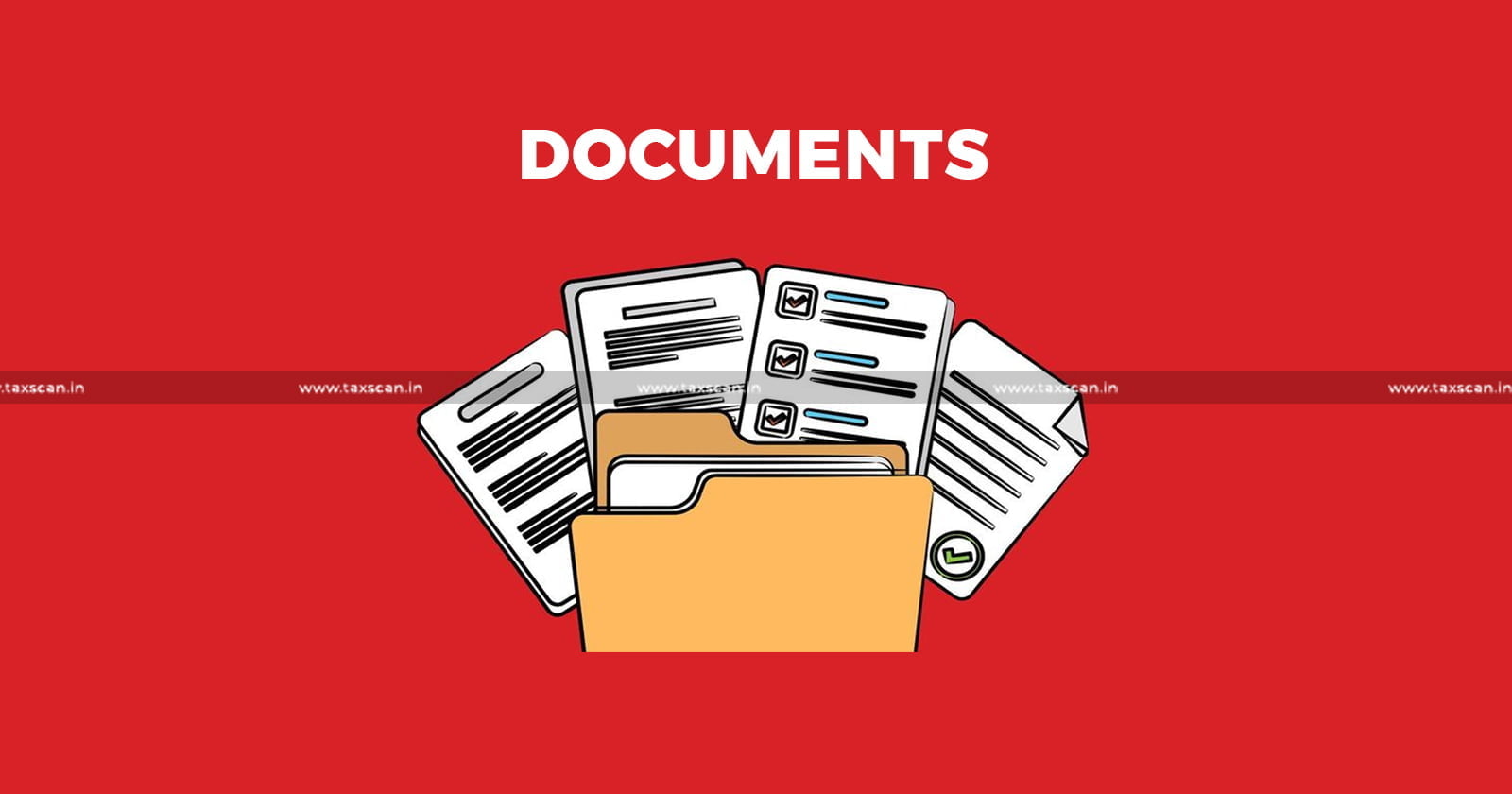Designated Committee under SVLDRS May Reject Application for Compounding Tax over Bogus Documents: Andhra Pradesh HC [Read Order]
In dismissing the order, the bench distinguished it from a Karnataka High Court order, concluding that it would be "extreme" to allow an application to be rejected when the documents are deemed ingenuous

Telangana High Court – SVLDRS – Bogus Documents – taxscan
Telangana High Court – SVLDRS – Bogus Documents – taxscan
A writ petition contesting the denial of an application to compound all prior service tax through a one-time settlement was dismissed by a division bench of the Andhra Pradesh High Court composed of Justices R. Raghunandan Rao and Harinath. The bench held that a designated committee may reject an application for compounding tax over bogus documents under the Sabkha Vishwas (Legacy Dispute Resolution) Scheme 2019.
The petitioner, Diwakar Road Lines, is a contract carrier of both air-conditioned and non-air-conditioned buses. In 2016, she received a notification from the Tax Department to pay service tax for operating air-conditioned buses. She applied under the "Sabkha Vishwas (Legacy Dispute Resolution) Scheme 2019," which included provisions for compounding taxes under a number of Acts. She claimed that her application was denied and that the current Writ was filed in challenge.
Know Practical Aspects of Tax Planning, Click Here
The respondents' counsel argued that the notice was sent by an incompetent and unlicensed individual and failed to specify the amount owed. The notification was issued by the Superintendent of Central Tax, notwithstanding the argument that the Jurisdictional Assistant Commissioner (JAC) or the Superintendent should have ideally issued it.
The Court was also made aware that the amounts the petitioner had provided to various authorities did not add up. Since the notice was not listed in the external record, it may be assumed that it was issued outside of regular business. Using Jagadish Advertising vs. Designated Committee, (Karnataka), the petitioner argued that the committee lacked the authority to deny any application.
Since the cited documents were also being contested, the Bench was unable to accept this argument. The judgment ruled that although though the Act does not specify how an application might be rejected, the committee has the authority to do so if the supporting documentation is not authentic.
Know Practical Aspects of Tax Planning, Click Here
In dismissing the order, the bench distinguished it from a Karnataka High Court order, concluding that it would be "extreme" to allow an application to be rejected when the documents are deemed ingenuous. The Designated Committee was thought to have outlined the grounds for rejection, which included the submission of false notices and certificates.
According to the court, the Designated Committee has the authority to reject applications that were submitted using forged documents. Any other opinion would imply that anyone seeking the program's benefits might provide any type of paper, and the designated committee would not be allowed to investigate whether or not the document is authentic. Extreme circumstances would arise from such a viewpoint.
To Read the full text of the Order CLICK HERE
Support our journalism by subscribing to Taxscan premium. Follow us on Telegram for quick updates


